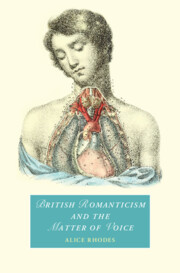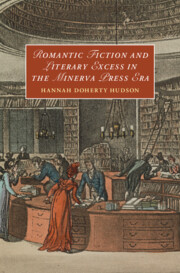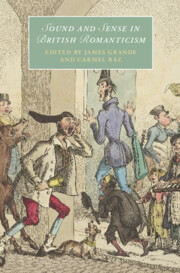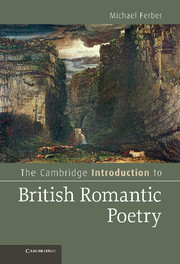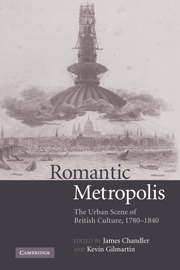British Romanticism and the Matter of Voice
Physiological, political, and poetic studies of the relationship between the human body and voice saw increased attention and took on new significance in British literature of the politically turbulent period between the 1770s and the 1820s. Focusing on Erasmus Darwin, John Thelwall, and Percy Bysshe Shelley, three writers whose works draw together the fields of science, politics, language, and literature, and who were subject to charges of political radicalism and materialist philosophy, Alice Rhodes draws attention to a developing theory of spoken and poetic utterance which, for its subscribers, suggested a fundamental, material, and reciprocal connection between the speaking body and the physical, social, and political worlds around it. By investigating the Romantic-era fascination with the mechanics and physiology of speech production, she explores how Darwin, Thelwall, and Shelley came to present the voice as a form of physical, autonomous, and effective political action.
- Presents a sustained analysis of the mechanics of speech production in Romantic literature, deepening and enriching knowledge of the now little-studied interplay between physiology and poetry while also opening fresh avenues of research
- Reframes how Romantic writers understood relationships between bodies and voices, speech and poetry, science and the arts, and utterance and action, revealing and highlighting the major roles played by materialist philosophy and cross-disciplinary theories and practices
- One of the rare few studies to consider the poetry, reformist politics, and scientific interests of Darwin, Thelwall, and Shelley alongside one another, including new archival research into Thelwall's 'Derby Manuscript'
Product details
January 2025Adobe eBook Reader
9781009503396
0 pages
This ISBN is for an eBook version which is distributed on our behalf by a third party.
Table of Contents
- Introduction: mechanic art and elocutionary science
- 1. Erasmus Darwin and the mechanics of speech
- 2. John Thelwall and the physiology of speech
- 3. Percy Bysshe Shelley and the poetry of speech
- Coda: Mary Shelley's Frankenstein and the speaking body
- Bibliography.

